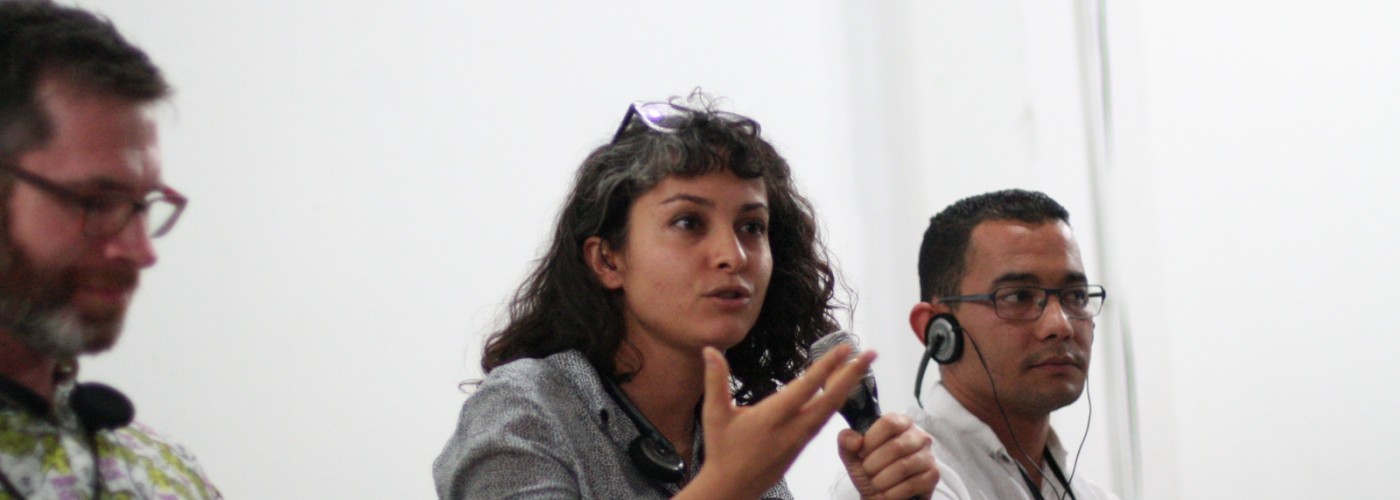You can download the arabic version of the programme here.
| 12:00 | 19 |
|
| 12:00 | 19 |
|
| 16:00 | 19 |
|
| 16:00 | 19 |
|
| 18:50 | 19 |
|
| 18:50 | 19 |
| 12:00 | 19 |
|
| 12:00 | 19 |
|
| 16:15 | 19 |
|
| 16:15 | 19 |
|
| 18:00 | 19 |
|
| 18:00 | 19 |
| 12:00 | 19 |
|
| 12:00 | 19 |
|
| 13:45 | 19 |
|
| 13:45 | 19 |
|
| 16:15 | 19 |
|
| 16:15 | 19 |
|
| 18:00 | 19 |
|
| 18:00 | 19 |
| 14:00 | 19 |
|
| 14:00 | 19 |

